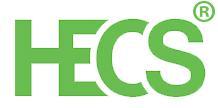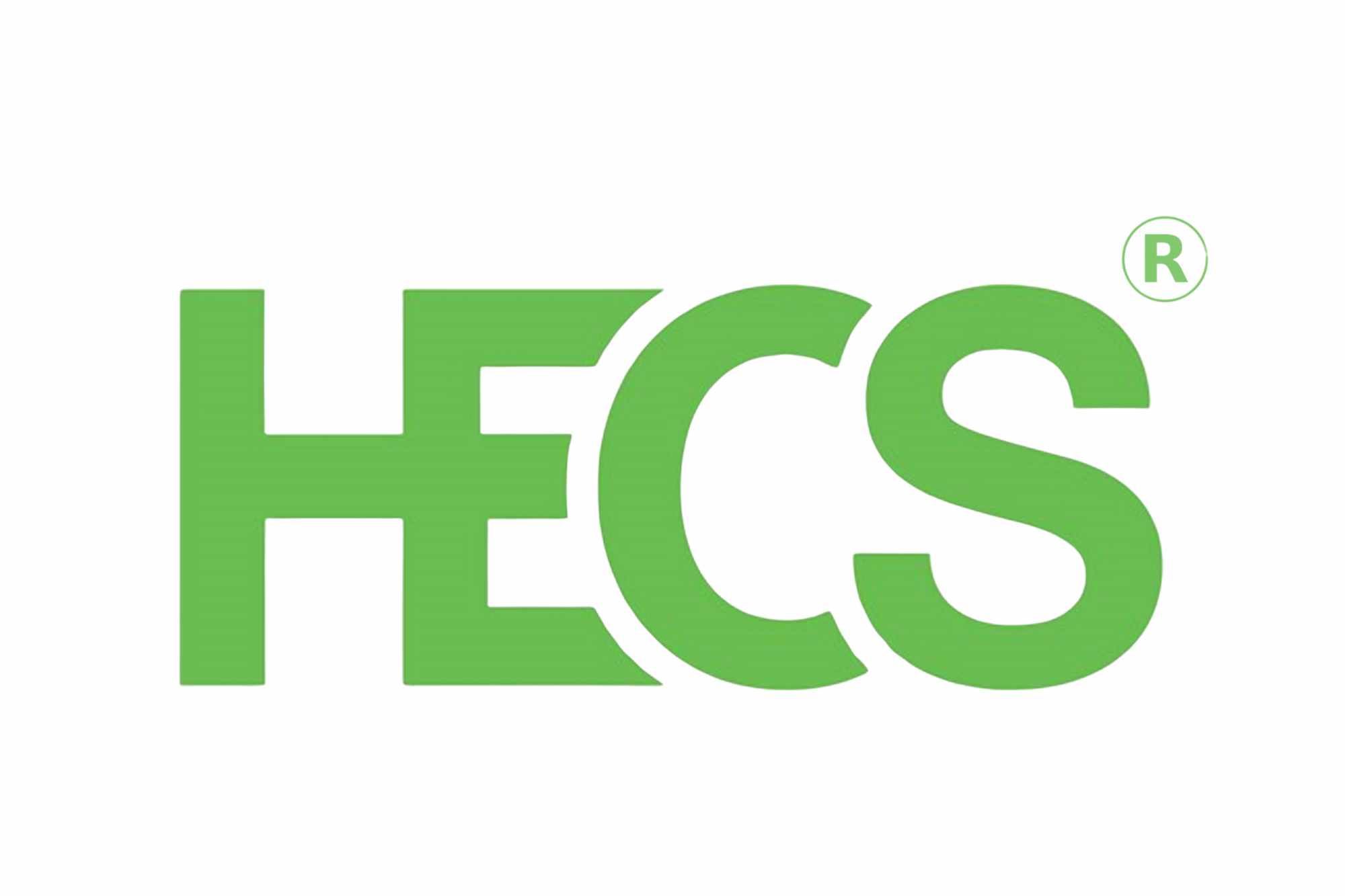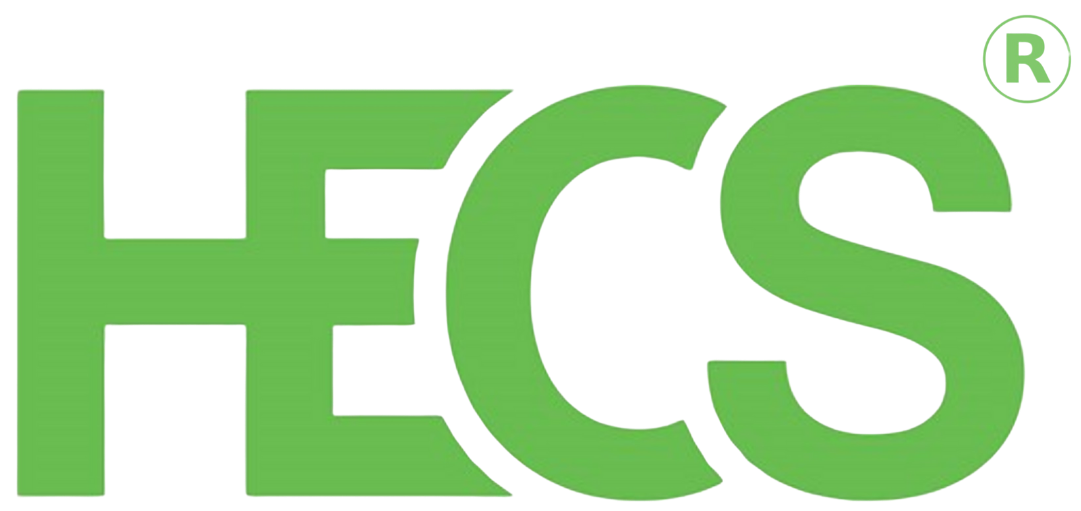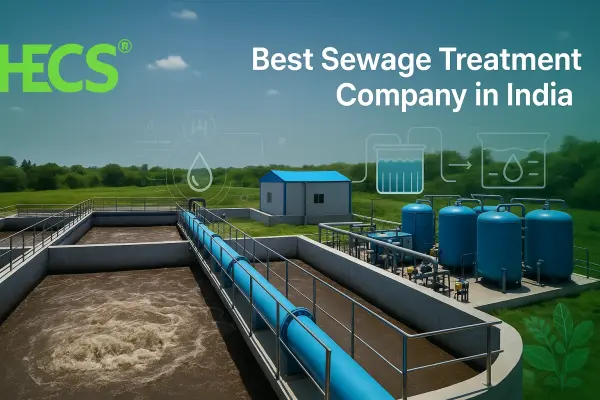
Zero Waste Cities and Smart Water Tech: India’s Path to Sustainable Urban Living
By 2030, India’s urban population will reach 600 million, straining resources and infrastructure. With cities generating 1.5 lakh metric tons of waste daily and 21 major cities facing Day Zero water crises, Zero Waste Cities and Smart Water Tech are no longer optional—they’re India’s survival toolkit. This blog unpacks actionable strategies, homegrown innovations, and policy frameworks driving India’s 2025 urban sustainability revolution.
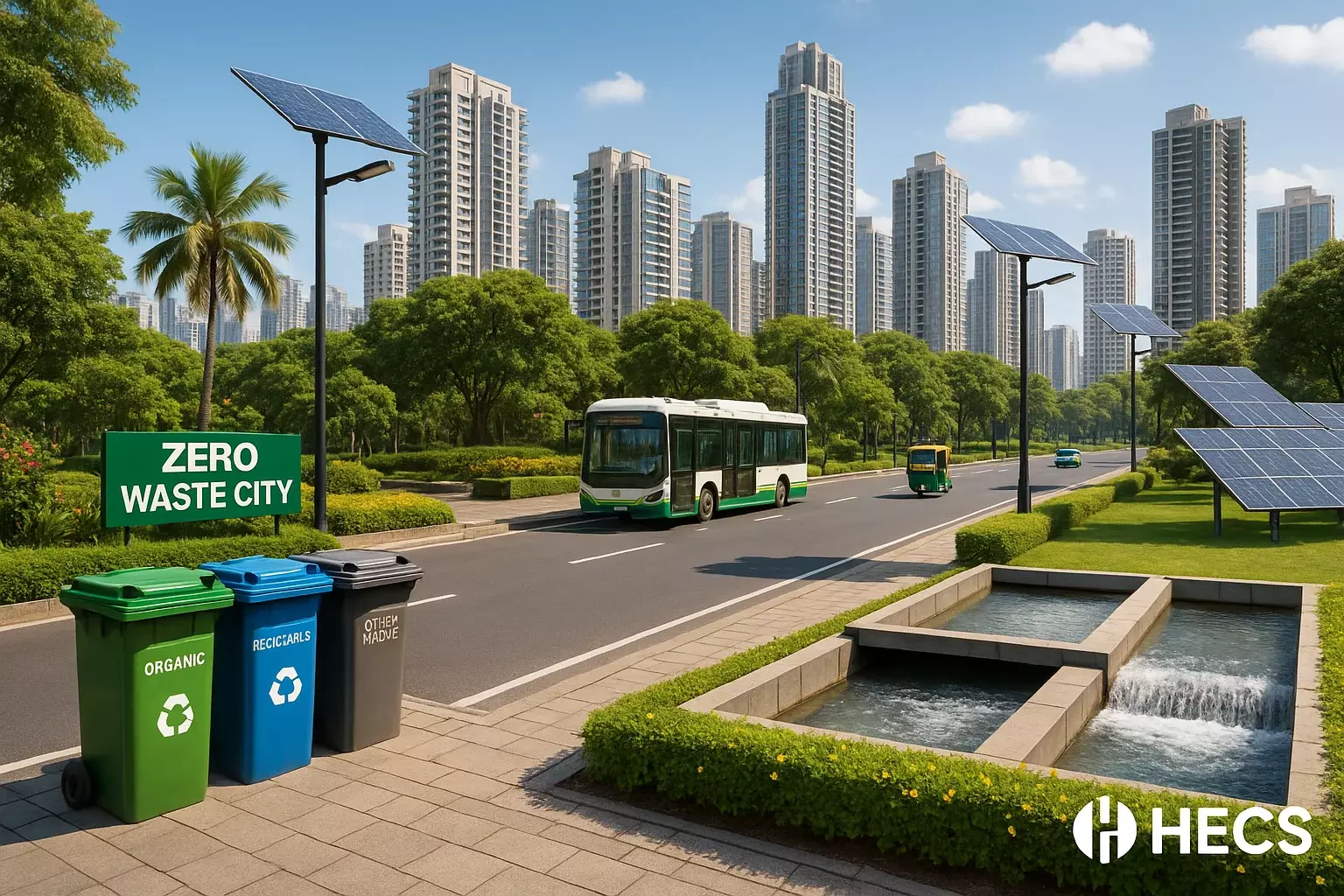
Why Zero Waste Cities Matter for India’s Urban Future
India’s Swachh Bharat Mission and Smart Cities Initiative have laid the groundwork, but Zero Waste Cities demand radical shifts in waste management:
1. Circular Economy: From Trash to Treasure
● Waste-to-Energy Plants: Convert 15,000 MT/day of municipal waste into biogas (e.g., Delhi’s Ghazipur Plant).
● Plastic Waste Pyrolysis: Startups like Agile Waste Solutions transform non-recyclable plastics into fuel oil.
● C&D Waste Recycling: Reprocess 90% of construction debris into tiles and aggregates (e.g., Ahmedabad’s C&D Recycling Facility).
2. Policy-Driven Solutions
● Extended Producer Responsibility (EPR): Mandate brands like Amazon and Unilever to manage packaging waste.
● Swachh Survekshan Rankings: Incentivize cities like Indore (5x India’s cleanest city) to innovate.
Stat Alert: Indore recycles 100% of its wet waste into compost and generates biogas for public transport.
Smart Water Tech: Solving India’s Urban Water Crisis
With 40% of India’s population likely to face water scarcity by 2030 (NITI Aayog), cities are adopting Smart Water Tech for survival:
1. IoT-Driven Water Management
● Smart Meters: Pune’s IoT-enabled meters reduced pipeline leaks by 30%, saving 50 million liters daily.
● AI-Powered STPs: Bengaluru’s sewage plants use AI to optimize treatment, cutting energy costs by 25%.
2. Rainwater Harvesting & Greywater Reuse
● Apartment STPs: Chennai mandates residential complexes to recycle greywater for gardening and flushing.
● Smart Tanks: Jaipur’s IoT rainwater tanks adjust storage based on monsoon forecasts, boosting supply by 40%.
Case Study: Surat’s Reuse Treated Water Initiative supplies 40 MLD of treated wastewater to industries, reducing freshwater demand by ₹12 crore/year.
Integrating Zero Waste Cities and Smart Water Tech: India’s 2025 Roadmap
Synergy between waste and water systems is key to sustainable cities:
1. Biogas from Sewage + Water Recycling
● Delhi’s Keshopur STP: Generates biogas from sewage sludge to power streetlights while recycling 80% of water.
● HECS’s ZLD Systems: Achieve 95% water recovery in textile parks (e.g., Tiruppur’s ZLD success).
2. Smart Grids for Resource Efficiency
● Link biogas plants with water treatment units to power STPs and reduce grid dependency.
● Result: 35% lower energy costs for municipalities.
Top 5 Indian Innovations in Zero Waste and Smart Water Tech
1. WasteAid’s Decentralized Composting: Empower slums to process wet waste locally.
2. HECS’s IoT Sewage Treatment Plants: Real-time monitoring cuts maintenance costs by 30%.
3. Swajal’s Solar Water ATMs: Provide affordable drinking water in 50+ cities.
4. Phool.Co’s Temple Waste Recycling: Convert floral waste into incense and biodegradable packaging.
5. Bengaluru’s AI Garbage Trucks: Optimise waste collection routes, saving ₹8 lakh/month in fuel.
Challenges & Solutions for Indian Cities
1. Funding Gaps
● Solution: Leverage CSR funds (e.g., Tata Group’s ₹1,000 crore sustainability fund) and green bonds.
2. Public Awareness
● Solution: Campaigns like #BinTheBag and Chennai’s Rainwater Hero Awards.
3. Infrastructure Bottlenecks
● Solution: Partner with tech providers like HECS for modular, plug-and-play STPs and waste systems.
Case Study: Navi Mumbai’s Zero Waste and Smart Water Transformation
● Waste Strategy: 90% landfill diversion via material recovery facilities and biogas plants.
● Water Innovation: IoT-enabled lakes monitor pollution levels in real time.
● Result: Ranked India’s 2nd cleanest city (Swachh Survekshan 2023).
How Indian Cities Can Adopt These Strategies
1. Audit Local Needs: Use tools like CPCB’s Waste Management Rules 2022 and AMRUT guidelines.
2. Collaborate with Experts: Partner with HECS for end-to-end solutions—from biogas plants to smart STPs.
3. Engage Citizens: Launch apps like MySwachhApp to report waste/water issues.
Why Choose HECS?
✅ Made for India: 25+ years of experience designing waste and water solutions for Indian climates and regulations.
✅ End-to-End Services: From biogas plants (UASB reactors) to ZLD systems and smart STPs.
✅ Proven Impact: Helped Tiruppur’s textile units save ₹18 crore/year via water recycling.
✅ Certified Compliance: Meet CPCB, NGT, and Swachh Bharat standards effortlessly.
Conclusion: Partner with HECS to Build India’s Sustainable Cities
India’s urban future hinges on Zero Waste Cities and Smart Water Tech. From IoT-driven sewage treatment to circular waste systems, the blueprint is clear—but execution requires expertise.
Transform Your City with HECS Today!
📞 Call: +91 44 35391255
📧 Email: [email protected]
FAQ's
A city that recycles, composts, and converts waste into energy, minimizing landfill use. Cities like Indore and Navi Mumbai lead with effective waste management systems.
IoT meters, AI-driven sewage plants, and rainwater harvesting reduce leaks and recycle water. Pune saves 50M liters/day, and HECS’s ZLD systems recover 95% wastewater.
● Segregate waste into wet, dry, and hazardous.
● Use decentralized composting (e.g., Bengaluru).
● Recycle construction waste (e.g., Ahmedabad turns 90% debris into tiles).
No, long-term savings outweigh costs. Tiruppur’s textile units save ₹18 crore/year with HECS’s ZLD systems. Government schemes cover 50-80% of expenses.
It boosts groundwater and prevents floods. Chennai’s mandatory rainwater harvesting increased supply by 40%. Jaipur uses IoT to optimize water storage.
● Swachh Bharat Mission 2.0 – Focuses on waste processing.
● EPR Rules (CPCB) – Requires brands to recycle packaging waste.
● NGT Guidelines – Enforces penalties for illegal dumping.
Yes! Surat treats 40 MLD sewage for industries, and Delhi converts landfill waste to biogas. HECS offers scalable solutions for easy adoption.
IoT sensors detect leaks, optimize STP efficiency, and enable predictive maintenance. Pune cut water losses by 30% using smart tech.
● Low awareness – Campaigns like #BinTheBag help.
● Funding gaps – CSR funds and green bonds provide support.
● Infrastructure delays – HECS’s plug-and-play STPs offer quick solutions.
Segregate waste at home.
● Report issues via MySwachhApp.
● Support brands adopting EPR.
● Install HECS’s modular STPs for water recycling.
Share this post:
